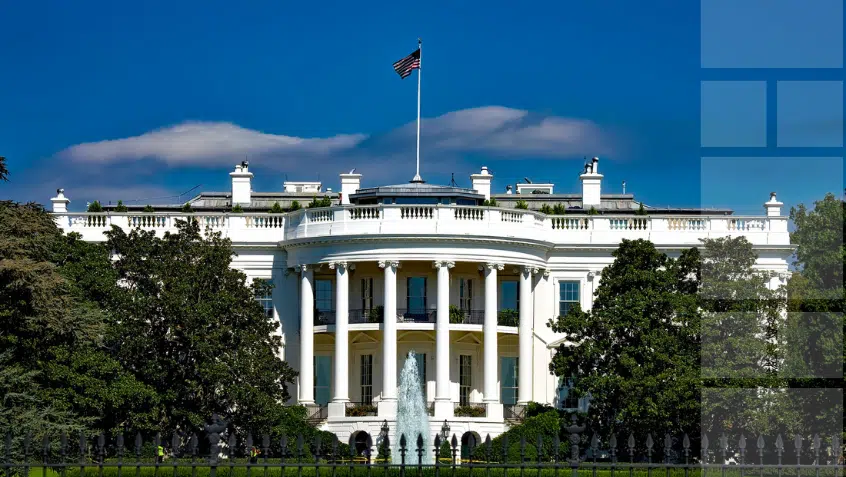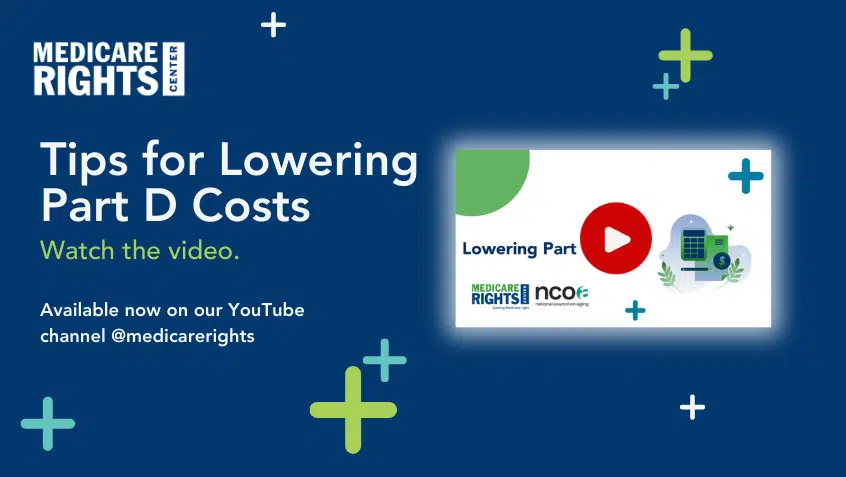Join Us Live for a Discussion on Medicare, Democracy, and the Future of Health Care
Kaiser Issue Brief Provides Clarity About Medicare’s Financial Outlook

Last week, the Kaiser Family Foundation (KFF) released an issue brief on Medicare’s financial outlook. Medicare’s funding, finances, and future continue to be major topics of conversation, including during the confirmation hearings for President Trump’s administrative nominees. With this brief, KFF brings much-needed clarity to these discussions. The brief explains Medicare funding, the Affordable Care Act’s (ACA’s) impact on Medicare’s long-term financial stability, and what an aging population means for Medicare going forward.
When policymakers say Medicare is “going broke” or talk about the “Medicare trust fund,” they are talking about Part A, the part of Medicare that pays for hospital stays. That trust fund does have limited funding; the current estimate is that the fund will be able to pay 100 percent of Part A costs until 2028. By contrast, in 2009 the estimated insolvency date was 2017. Such wildly fluctuating forecasts coupled with misconceptions about Medicare’s funding sources may lead to fears of the program ending; however, “insolvency” of the trust fund would not spell the end for Medicare.
The brief also discusses demographic trends for the country as a whole. As populations age, their health costs become higher, and people who are over age 80 need especially expensive care. The population over 65 years old will increase rapidly, with the population over 80 years old nearly tripling by 2050. This means that Medicare’s costs will likely continue to rise for the foreseeable future.
Nevertheless, the report also shows that the ACA has had some success in bending the cost curve for Medicare spending. This means that repeal of the ACA may cause a large increase in Medicare’s costs. Because of this danger and others, Medicare Rights is deeply concerned about the impact ACA repeal could have on Medicare’s future.
Show Comments
We welcome thoughtful, respectful discussion on our website. To maintain a safe and constructive environment, comments that include profanity or violent, threatening language will be hidden. We may ban commentors who repeatedly cross these guidelines.
Help Us Protect & Strengthen Medicare
Donate today and make a lasting impact
More than 67 million people rely on Medicare—but many still face barriers to the care they need. With your support, we provide free, unbiased help to people navigating Medicare and work across the country with federal and state advocates to protect Medicare’s future and address the needs of those it serves.
The Latest
Most Read
Add Medicare to Your Inbox
Sign up to receive Medicare news, policy developments, and other useful updates from the Medicare Rights.
View this profile on InstagramMedicare Rights Center (@medicarerights) • Instagram photos and videos









